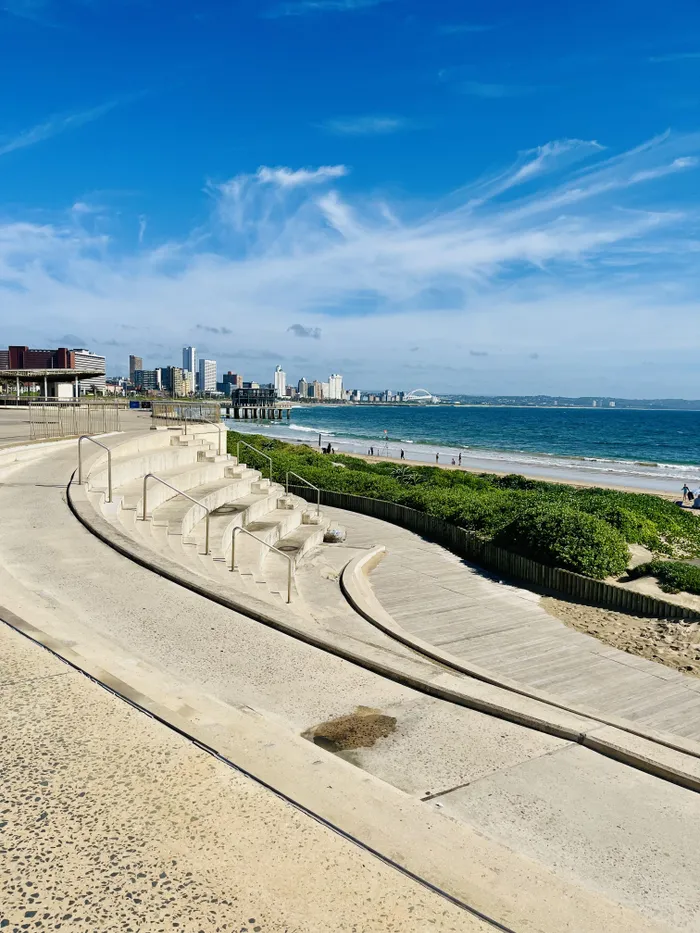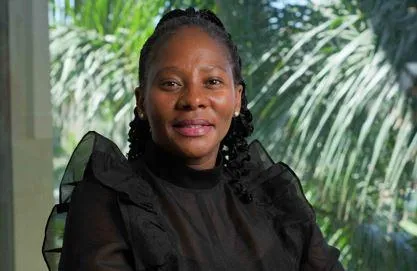A potential boon for impactful development - the case for more investment in KwaZulu-Natal

This province continues to sustain a diverse and resilient economy consisting of strong manufacturing, finance, trade, transport and growing agro processing / agriculture sectors.
Image: ZamaNdosi Cele
It is hard to believe that we are now in the fourth quarter of 2025. The year has been punctuated by a hive of exciting and ceaseless activity.
It is even harder to believe how quickly time has passed.
In April 2023, my family and I took up the exciting opportunity of moving to KwaZulu-Natal (KZN) where I am heading up our pioneering Corporate and Investment Banking franchise.
Given the amazing potential for growth and vast opportunities that the province presents, I have not been disappointed.
The province mirrors Africa’s economic advantages and potential.
Ports, rail, road, energy, water and associated infrastructure are one of the key aspects of the potential that the province offers. Investment in these areas will unlock the growth potential in other key sectors of the KZN economy.
This province continues to sustain a diverse and resilient economy consisting of strong manufacturing, finance, trade, transport and growing agro processing / agriculture sectors.
However, like many regions globally, KZN has faced challenges.
The Covid-19 pandemic reshaped business operations and supply chains, while the political unrest of 2021 tested social and economic stability.
Most recently, the province experienced climate crisis events that left the area in a state of disaster, infrastructure damaged and business continuity affected.
Despite these challenges, resilience and persistence resonates as a DNA of the business community and citizens of KZN.
Investment Destination
Recently, Durban has experienced an overall decline in business confidence which is said to be attributed to concerns over service delivery, infrastructure reliability, and policy uncertainty.
However, the Durban Business Confidence Index (BCI) remains above the neutral zone and is significantly higher than the national BCI, which reflects the broader state of the country's economy.
Notably, an increase in business confidence was recorded in the second quarter of the year across several sectors, including wholesale and retail trade, construction, transport, storage and communication, as well as community, social, and personal services.
Despite the decline in Durban’s BCI, the continued optimism among investors is evident, as the city continues to attract a substantial amount of foreign investment.
According to the Durban Edge Datastory, over a period of five years between 2019-2024, Durban has attracted a significant amount of Foreign Direct Investment (FDI), totalling R15.2billion, playing a vital role in boosting various sectors and enhancing economic growth.
In 2024, Durban attracted R1.3 billion in FDI which saw key sectors such as transportation and warehousing (R565 million), business services (R426 million), automotive EOM (R196 million), Software and IT Services (R80 million) and real estate (R29 million), each receiving substantial support from major international players. United Kingdom, Demark and Thailand were the leading sources of the investment.
While some of the key sectors that have historically driven the city's economy are facing challenges from digitalisation, climate change, political dynamics, and other factors, new areas of interest are emerging.
This shift is enabling the market to evolve and creating potential for future growth.
As business leaders, we are therefore called to capitalize on these opportunities by developing innovative solutions to current challenges and investing in sectors that can unlock further economic expansion and attract investment.
Gaining market entry into African Market
Strategically positioned on the South Africa's eastern coast, KZN offers direct access to Indian Ocean trade routes and efficient import/export links for reaching other African nations and global markets. KZN is home to two of Africa’s busiest ports, Durban and Richards Bay that are serving as links for trade across the continent and beyond.
This gives the province an advantage in driving and encouraging trade, and regional integration between markets.
African markets tend to reward those who engage with humility and persistence.
Consider Dangote’s $20 billion refinery in Nigeria or Ethiopia’s Grand Renaissance Dam—both are bold, transformative projects that reflect the scale of ambition possible on the continent.
It is about identifying a challenge, opportunity and investing in sustainable solution for the targeted audience.
Megatrends Reshaping the Continent
Three megatrends are transforming Africa’s business environment:
- Resource Nationalism: Governments are demanding greater local value creation and beneficiation.
- Digitalisation: Mobile penetration and fintech innovation are revolutionising access to services and financial inclusion.
- The African Continental Free Trade Area (AfCFTA): With 54 signatories, AfCFTA is the largest free trade area in the world by participating countries, unlocking new pathways for regional integration and cross-border expansion.
These trends signal a maturing investment landscape—one that rewards long-term vision, local partnerships, and deep market understanding.
A Call to Action
KZN / South African businesses are uniquely positioned to lead Africa’s next growth chapter. We share borders, history, and aspirations. But proximity alone is not enough. It’s time to move from interest to action.
Here’s how to start:
- Engage directly: Visit markets, meet stakeholders, and build relationships.
- Partner locally: Collaborate with indigenous businesses and communities.
- Invest in quality: Even in lower-income markets, quality builds trust and loyalty. Focus should include shift to other markets rather than investing in the usual markets
- Leverage AfCFTA: Use regional integration to scale efficiently and reduce trade barriers.
- Diversify information sources: Read local publications like East African, Citizen, and Vanguard to gain authentic insights.
As Africa rapidly evolves, businesses must continuously adapt to meet its changing demands and contribute to solving its challenges.
I am optimistic that as we move towards 2026, KZN, South Africa and Africa are on a trajectory that will lead us to driving meaningful and impactful growth across this continent we call home.
Kaone Lekalake, Head of Client Coverage KZN, Standard Bank Corporate and Investment Banking.

Kaone Lekalake, Head of Client Coverage KZN, Standard Bank Corporate and Investment Banking.
Image: Supplied.
BUSINESS REPORT